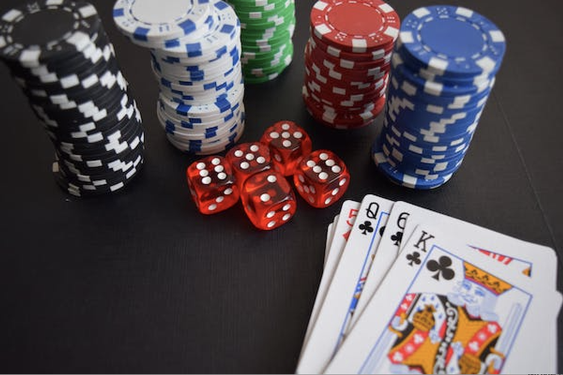Many poker experts rank A-K as the third-best starting hand, ahead of even pocket queens and jacks, and here’s why: If an ace flops, you have top pair/top kicker. Same goes if a king flops. And it’s obviously even more powerful if it’s suited.
T.J. Cloutier, the former road gambler and respected tournament player, feels so strongly about the importance of A-K that in one of his authoritative books, he dedicated one-third of the practice hands to playing with and against it.
"In a tournament, you have to win both sides of that," said Cloutier, a spokesman for the Poker Mountain Web site. "You have to have your pair hold up when they have an A-K, and you have to catch the ace or the king when you have A-K and they have the pair. That’s how you win tournaments."
In a $10,000 buy-in event on the World Series of Poker circuit at the Rio in Las Vegas, Cloutier faced the hand he stresses. With 13 players remaining, Cloutier drew pocket queens. An opponent held A-K.
"This kid was catching the deck," Cloutier said. "He had $400,000 and I had $200,000. If I win this pot, I’m in the lead. I raised $20,000 and he made it $60,000. I knew I had the best hand, so I moved in.
"I know I’ve got the best hand, and I’m putting pressure on him. He has to decide whether he wants to let me get the lead and give up half his chips. That’s the idea of moving in. Then you hope an ace or a king doesn’t come. I knew he had some kind of ace-hand."
Cloutier’s opponent called. The flop came K-9-4, giving Cloutier’s opponent top pair/top kicker and the nut-flush draw.
"He couldn’t have gotten away from that hand for all the tea in China," Cloutier said. "The turn and the river didn’t matter. I was dead to a queen after the flop."
Cloutier gambled and lost the classic race of A-K vs. Q-Q. He admits that he didn’t have to move all in pre-flop. He could’ve called the re-raise, then moved in after the flop if a king or ace didn’t fall because he knew the opponent he put on an ace-hand likely couldn’t make that call at that point.
But it’s just that type of second-guessing that makes playing with or against A-K so decisive.
"A-K is a more valuable hand when you’re shorthanded later in a tournament," Cloutier said. "I think more tournaments are won or lost on A-K than any other hand."
TABLE TALK
Dead to a queen: Describing a player who is drawing to only one or two specific outs, in this case a Q.
© 2005, Chicago Tribune.
Distributed by Knight Ridder/Tribune Information Services.



